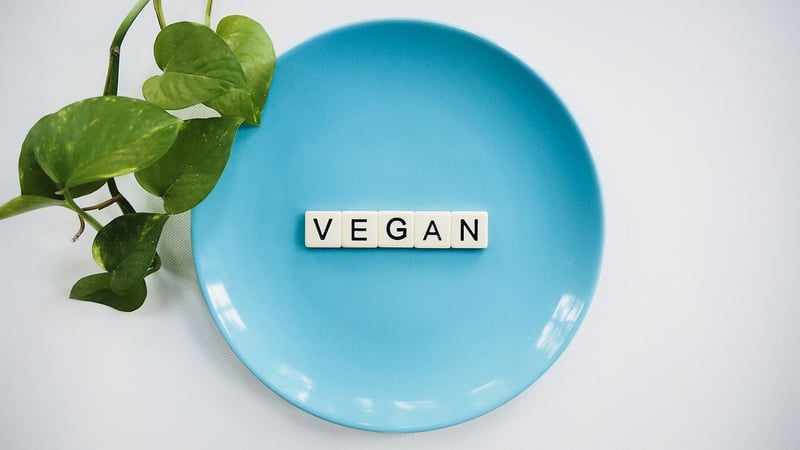Plant-based Alternatives
The Essential Elements of a Plant-Based Diet
Plant-based diets have gained popularity in recent years due to their numerous health benefits and positive impact on the environment. Whether you're a seasoned vegan or just starting to explore plant-based options, understanding the essential elements of a plant-based diet is crucial for ensuring you meet your nutritional needs. Here are the key components to include in your plant-based diet:
1. Fruits and Vegetables
Rich in vitamins, minerals, and antioxidants, fruits and vegetables are the foundation of a plant-based diet. Aim to include a variety of colors to ensure you're getting a broad spectrum of nutrients.

2. Whole Grains
Whole grains like quinoa, brown rice, oats, and whole wheat provide fiber, B vitamins, and essential minerals. They are a great source of sustained energy and can help keep you feeling full.
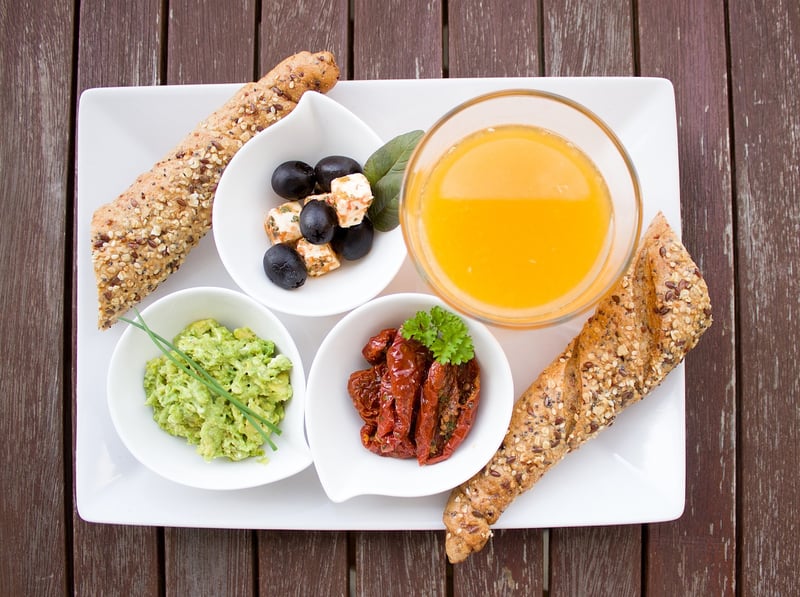
3. Legumes and Pulses
Beans, lentils, chickpeas, and other legumes are excellent sources of plant-based protein, fiber, and iron. They are versatile ingredients that can be used in various dishes.
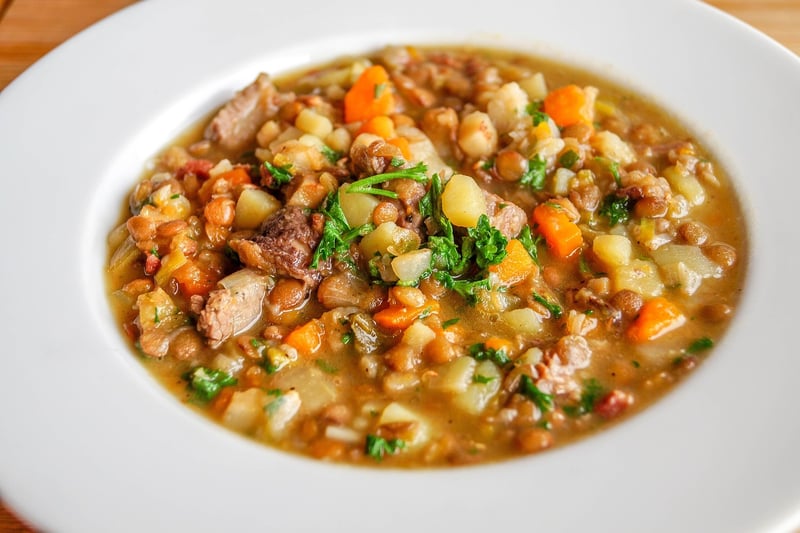
4. Nuts and Seeds
Nuts and seeds are rich in healthy fats, protein, and antioxidants. They make great snacks and can be added to salads, smoothies, or oatmeal for an extra nutritional boost.
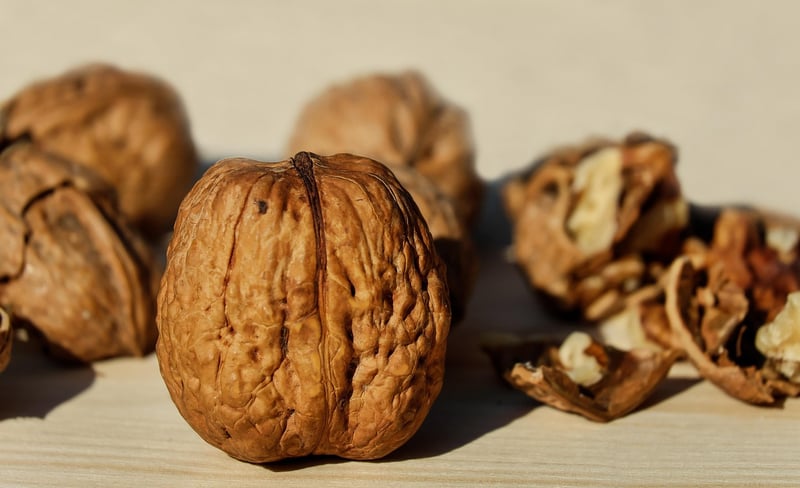
5. Plant-Based Protein Sources
Include sources of plant-based protein like tofu, tempeh, seitan, and plant-based meat alternatives to ensure you're meeting your protein requirements. These options are delicious and can be easily incorporated into your meals.
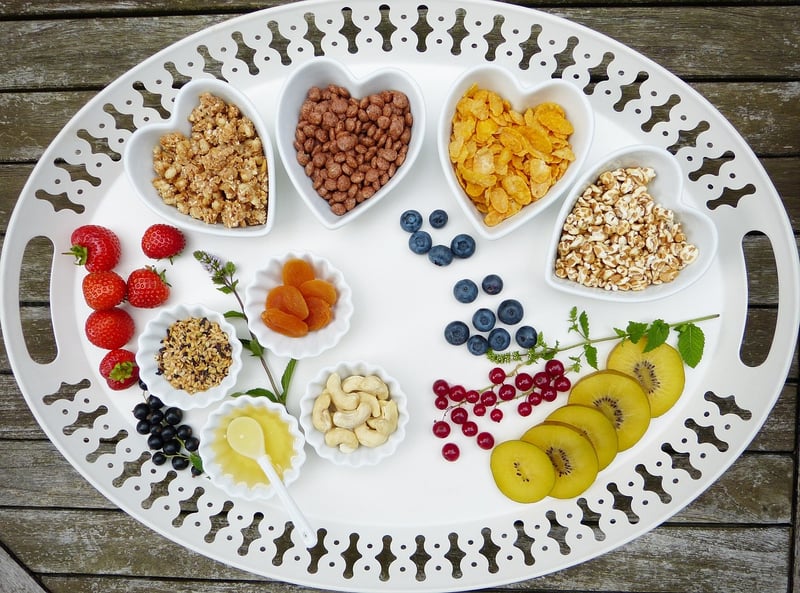
6. Healthy Fats
Avoiding saturated fats from animal products, opt for sources of healthy fats like avocados, olive oil, and coconut oil. These fats are essential for brain health and overall well-being.
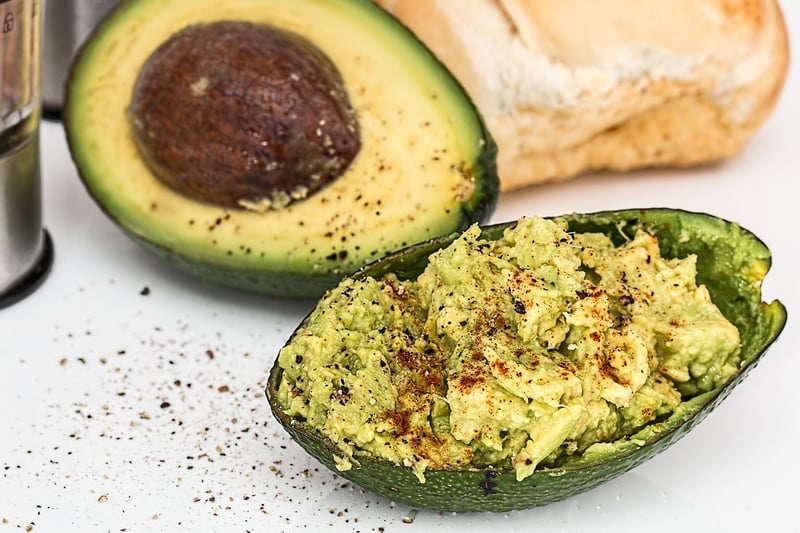
By incorporating these essential elements into your plant-based diet, you can enjoy a variety of delicious and nutritious meals while reaping the benefits of a plant-focused lifestyle.
Plant-Based Alternatives
If you're looking for plant-based alternatives to traditional animal products, there are plenty of options available:
- Plant-based milk alternatives like almond milk, soy milk, and oat milk
- Vegan cheese made from nuts or soy
- Plant-based yogurt from coconut, almond, or soy
- Meat substitutes like tofu, tempeh, seitan, and pea protein-based products
- Plant-based burgers and sausages made from vegetables, beans, and grains
- Egg replacers such as flaxseeds, chia seeds, or commercial egg substitutes
These plant-based alternatives offer the taste and texture you love without compromising on flavor or nutrition. Experiment with different options to find your favorites and enjoy a plant-powered diet!
